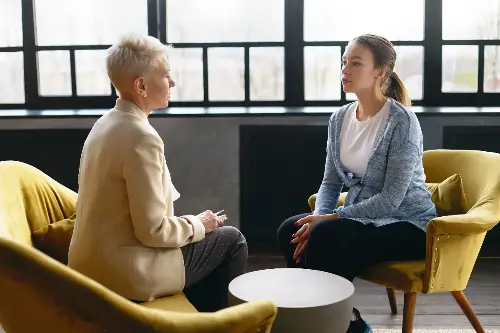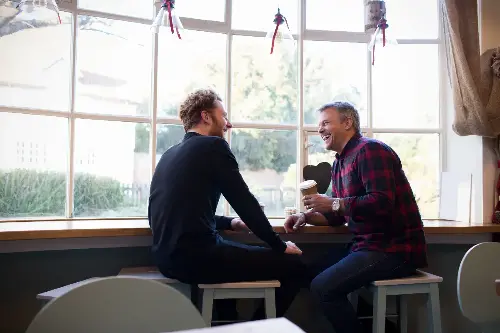At the heart of every thriving relationship lies the age-old art of communication; yet, within that sphere, it's effective listening that truly holds the key to unlocking deeper, more meaningful connections. In our fast-paced, technologically driven world, the significance of honing one's listening skills cannot be overstated. It's through attentive, empathetic listening that we bridge gaps and foster relationships that not only survive but flourish.

The transformative power of effective listening extends far beyond the act of hearing words. It involves delving into the realm of the unsaid—the subtle nuances of tone, the silent pauses, and the emotional undertones that accompany the words spoken. Being a good listener is less about the mechanics of hearing and more about the empathy and understanding you offer the speaker.
When we truly listen to someone, we give them the gift of our full attention, validating their feelings and experiences. This validation can be an incredibly powerful tool in personal relationships. It builds trust and shows respect, acting as an affirmation that their thoughts and feelings matter. This fosters an environment where open and honest communication can thrive.
Moreover, effective listening can be the antidote to many of the common misunderstandings that plague relationships. It encourages us to slow down and consider other perspectives before jumping to conclusions or interjecting our viewpoints. In doing so, we often find that conflict is reduced and mutual solutions are easier to identify. It is in the quiet space of listening that we often hear the most.
Additionally, active listening promotes empathy, allowing us to step into another's shoes and connect with them on a deeper emotional level. By listening attentively, we're not just understanding a person's words, but we're also tuning into their emotional state. Effective listening, then, is an essential component for empathetic support—crucial in sustaining a nurturing, loving relationship.

Interestingly, the physical act of listening also generates a host of benefits. When individuals feel heard, their stress levels often decrease, leading to a sense of calm and wellbeing. This has profound implications for our personal health as well as for the health of our relationships. In a world where we are often inundated with information and distractions, the simple act of providing someone with your undivided attention can be a soothing balm for the frenetic mind.
Effective listening is also about the reciprocity of dialogue—recognising when to speak and when to listen. Good communicators are not only adept at expressing their own thoughts and feelings but are equally skilled at encouraging others to share theirs. They understand the balance of give-and-take in conversation and are comfortable with moments of silence that allow others the space to express themselves.
Of course, becoming an effective listener is a skill that takes practice, commitment, and self-awareness. It requires us to put aside our own agenda, to refrain from interrupting, and to resist the urge to formulate our next sentence while the other person is speaking. It can be challenging to remain present and focused, especially when our own emotions and reactions bubble up.
But the rewards of mastering this skill are profound. Relationships imbued with the richness of effective listening often experience a heightened sense of intimacy and understanding. Friends, family members, and romantic partners who feel heard and understood are likely to reciprocate in kind, creating a virtuous circle that strengthens bonds and intensifies loyalty.

To cultivate effective listening, one can engage in active listening exercises, solicit feedback from others, and practice mindfulness to stay present. It's also helpful to reduce distractions when conversing with others, fostering an environment where everyone feels comfortable sharing. Even small changes in body language—like nodding or making eye contact—can signal to the speaker that you are engaged and invested in what they have to say.
Finally, it's crucial to remember that effective listening isn't just about the relationships with others; it's also about the relationship we have with ourselves. By listening attentively to our own inner dialogue, we gain sharp insights into our needs and desires, paving the way for personal growth and self-awareness. This self-listening can empower us to communicate more authentically, for when we understand and respect ourselves, we deepen our capacity to understand and respect others.
In the intricate dance of human interaction, those who master the steps of effective listening take the lead in creating enduring, fulfilling relationships. It's a skill that may take time to refine, but the results—deeper connections and enhanced personal relationships—are well worth the effort. The heart of communication, after all, is not just about the spoken word but about the silences and understandings that resonate between us, and it's in these moments that true connection is formed.
